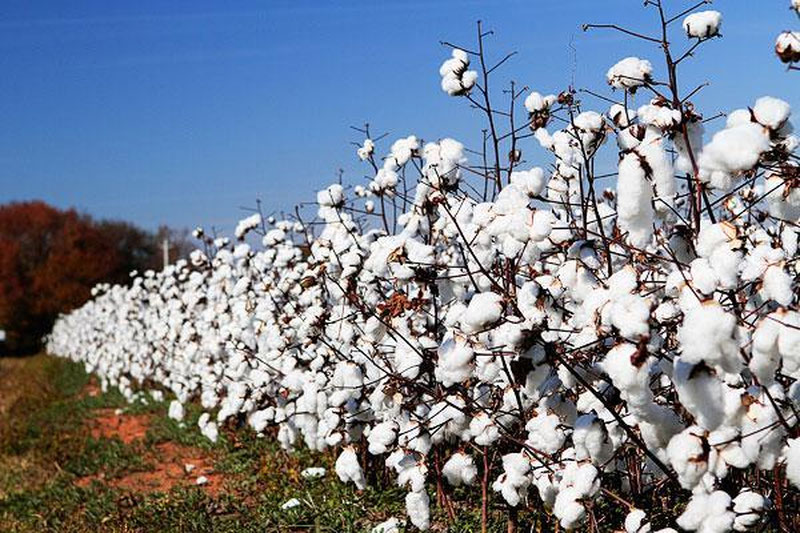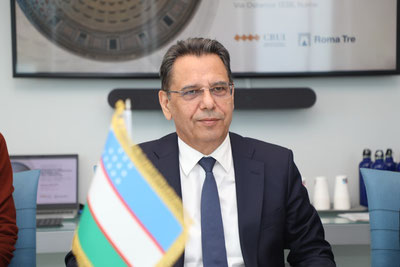Reports have spread on social networks about cases in Uzbekistan of forcing farmers to agree to lower prices for cotton, and clusters deciding to shift some of the costs they have assumed under contracts onto the shoulders of government taxpayers. The Ministry of Agriculture provided an explanation.
While issuing a statement asking for a "correct interpretation" of the situation related to administratively lowering the price of cotton, the Ministry defended the actions of Rahmatullo Gafforov, the head of the Kashkadarya regional agriculture department.
So, what exactly did Gafforov do? An audio recording spread on social networks hears Gafforov ordering the district mayor to gather all farmers for a meeting and have them stamp and sign a “form thrown out by the exchange.” This act would change all contracts between farmers and clusters from 8-9 million sums to lower the price of cotton.
As noted, there was a misunderstanding and mistake conveyed by Gafforov in disseminating this information. The Ministry clarified that no instructions were given to cancel farmers' contracts or regarding relationships between farmers and clusters by regional departments and their leaders.
In addition, according to the Ministry’s “Financial support measures for cotton producers” mentioned in decision no. 574, it is planned to allocate a subsidy of 1 million sums from the funds of the State Support Fund for Agriculture under the Ministry of Economy and Finance, for every ton of cotton raw materials sold through exchange trades (based on electronic invoice) (excluding cotton produced by cotton-textile enterprises and seed cotton). The Ministry of Agriculture highlighted that, based on this decision, if cotton producers sell their cotton in the prescribed manner, they would not incur losses, hence the state provides a subsidy for every ton.
Moreover, if farmers have any misunderstandings, the Ministry expressed readiness to examine each case, and provide solutions and assistance.
“We announce that in all problematic situations regarding the delivery of produced cotton (such as the absence of contracts, the farmer's decision not to sell to an undesired cluster, waiting for higher prices, etc.), it is possible to temporarily deposit the harvested raw materials at cotton receiving points and solve the problematic issues step-by-step in mutual agreement with the producers. The goal is to ensure the proper storage of harvested cotton at acceptance points on time and its transparent reflection on the agro-platform. We ask social network users to understand the objectivity of this message and correctly interpret the government's decision on providing gratuitous assistance,” the Ministry's message says.






